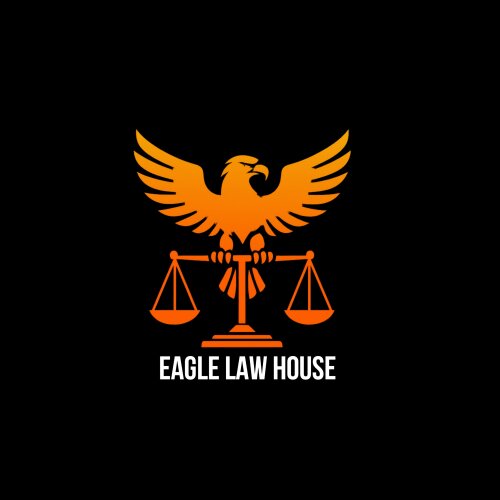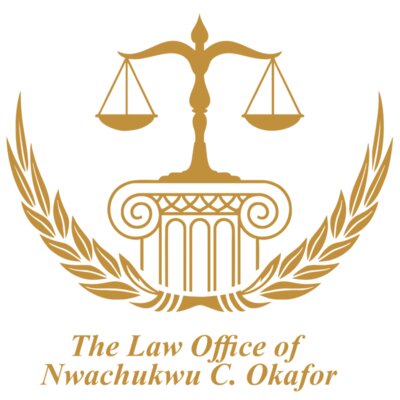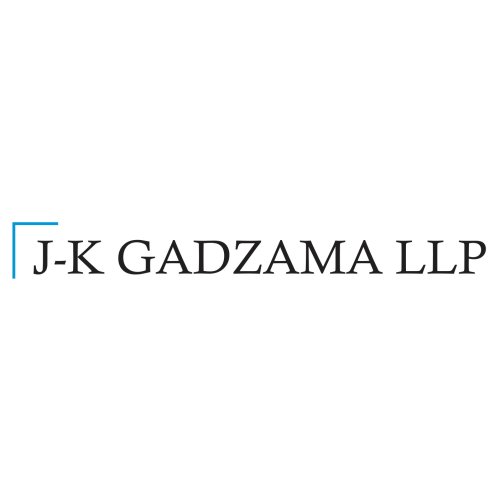Best ADR Mediation & Arbitration Lawyers in Nigeria
Share your needs with us, get contacted by law firms.
Free. Takes 2 min.
Or refine your search by selecting a city:
List of the best lawyers in Nigeria
Legal guides written by Adeola Oyinlade & Co:
- Procedure and Requirements for Work Permit and Visas in Nigeria
- The Step-By-Step Procedure of How to Apply for Microfinance Bank License Online in Nigeria
- How to Ensure the Smooth Recognition and Enforcement of Foreign Judgments in Nigeria
Nigeria ADR Mediation & Arbitration Legal Questions answered by Lawyers
Browse our 1 legal question about ADR Mediation & Arbitration in Nigeria and read the lawyer answers, or ask your own questions for free.
- DIvorce of Islamic Marriage in Lagos State
- Does Lagos State allow the use of the Mediation option of ADR for settling Child custody disputes? If I understand it properly this would mean the divorcing couple can meet the Imam of a registered Muslim organisation, settle the divorce and the child custody. But the question is how does... Read more →
-
Lawyer answer by CO-dunni Law Solicitors
There is compulsory adr during Divorce proceedings in Court in Lagos. It is when issues cannot be settled in Adr, that the Court goes into the full matter. If Adr is to be employed it must be preceded over by...
Read full answer
About ADR Mediation & Arbitration Law in Nigeria
Alternative Dispute Resolution (ADR) plays a crucial role in the legal landscape of Nigeria, offering a complementary approach to traditional court litigation. ADR encompasses a variety of methods, with mediation and arbitration being the most prominent in Nigeria. These methods allow parties to resolve disputes outside the formal legal system, which can be faster, less costly, and more flexible. Mediation involves a neutral third party helping the disputing parties reach a mutually acceptable solution, whereas arbitration involves a neutral third party making a binding decision after hearing each side's case. Both methods are widely recognized and encouraged within Nigeria's legal framework, providing effective means for conflict resolution in commercial, civil, and even family disputes.
Why You May Need a Lawyer
While ADR processes like mediation and arbitration are designed to be more straightforward than court procedures, legal representation can still be crucial. Here are common situations where you may need legal help:
- Complex Disputes: If the dispute involves complex legal issues or high stakes, a lawyer can help navigate the intricacies of the case.
- Contractual Obligations: Understanding the arbitration clauses in contracts and their implications often requires legal expertise.
- Representation: In arbitration, where the decision is binding, having a lawyer represent your interests can be critical.
- Mediation Agreements: Drafting and interpreting settlement agreements in mediation often require legal knowledge to ensure enforceability.
- International Disputes: Cross-border disputes often involve different laws, and legal advice can help manage these complexities.
Local Laws Overview
Nigeria's legal framework supports ADR, with several key laws and institutions guiding its practice:
- The Arbitration and Conciliation Act: This is the primary statute governing arbitration practices in Nigeria, providing the legal foundation for arbitration proceedings.
- Lagos Multi-Door Courthouse (LMDC): Established to provide diverse ADR processes, reinforcing the use of mediation and arbitration in resolving disputes.
- Customary Courts of Appeal: In certain regions, they recognize and enforce arbitration decisions, especially involving customary law issues.
- Case Law: Nigerian courts have generally upheld the enforcement of arbitration agreements and awards, aligning with international ADR standards.
Frequently Asked Questions
What is the difference between mediation and arbitration?
Mediation involves a mediator who facilitates negotiation between parties to reach a voluntary settlement, while arbitration involves an arbitrator making a binding decision after hearing the evidence and arguments.
Can arbitration decisions be challenged in court?
Arbitration awards can be challenged on specific grounds, such as misconduct or a fundamental procedural error, but generally, they are final and binding.
Is ADR recognized in Nigerian courts?
Yes, ADR is recognized and encouraged by Nigerian courts as a viable means of dispute resolution, often mandated in certain cases before court trials.
What types of disputes can be resolved through ADR?
Commercial, civil, family, and some criminal disputes can be resolved using ADR methods, depending on the nature and consent of the parties involved.
How is an arbitrator or mediator chosen?
Parties typically agree on an arbitrator or mediator, often from recognized panels or organizations, seeking skills and experience relevant to the dispute.
What happens if one party refuses to participate in ADR?
In cases of an agreement to arbitrate, a refusing party might be compelled by the court to participate, whereas mediation typically requires mutual consent.
Are ADR proceedings confidential?
Generally, ADR proceedings are private and confidential, providing a secure environment for parties to discuss and resolve their issues.
Can I have legal representation during ADR proceedings?
Yes, parties in ADR proceedings can retain lawyers to represent or advise them throughout the process.
What costs are involved in ADR processes?
Costs vary depending on the complexity and length of the proceedings, including fees for the mediator/arbitrator and any legal representation.
How long does an ADR process take?
ADR processes are generally faster than court litigation, taking weeks or months compared to potentially years in court.
Additional Resources
For those seeking further information or assistance, consider the following resources:
- Lagos Multi-Door Courthouse (LMDC): Offers mediation and arbitration services.
- Nigerian Institute of Chartered Arbitrators: Provides training and a directory of certified arbitrators.
- Ministry of Justice ADR Centers: Located in various states providing access to ADR services.
Next Steps
If you require legal assistance in ADR mediation and arbitration, consider the following steps:
- Consult with a Lawyer: Seek advice from a legal professional specialized in ADR to understand your rights and options.
- Research ADR Providers: Look for reputable ADR service providers or consult with certified arbitrators or mediators.
- Understand the Process: Educate yourself about the ADR processes relevant to your case to make informed decisions.
- Prepare Documentation: Gather all relevant documents and evidence that may be necessary for your case.
Lawzana helps you find the best lawyers and law firms in Nigeria through a curated and pre-screened list of qualified legal professionals. Our platform offers rankings and detailed profiles of attorneys and law firms, allowing you to compare based on practice areas, including ADR Mediation & Arbitration , experience, and client feedback.
Each profile includes a description of the firm's areas of practice, client reviews, team members and partners, year of establishment, spoken languages, office locations, contact information, social media presence, and any published articles or resources. Most firms on our platform speak English and are experienced in both local and international legal matters.
Get a quote from top-rated law firms in Nigeria — quickly, securely, and without unnecessary hassle.
Disclaimer:
The information provided on this page is for general informational purposes only and does not constitute legal advice. While we strive to ensure the accuracy and relevance of the content, legal information may change over time, and interpretations of the law can vary. You should always consult with a qualified legal professional for advice specific to your situation.
We disclaim all liability for actions taken or not taken based on the content of this page. If you believe any information is incorrect or outdated, please contact us, and we will review and update it where appropriate.
Browse adr mediation & arbitration law firms by city in Nigeria
Refine your search by selecting a city.
















